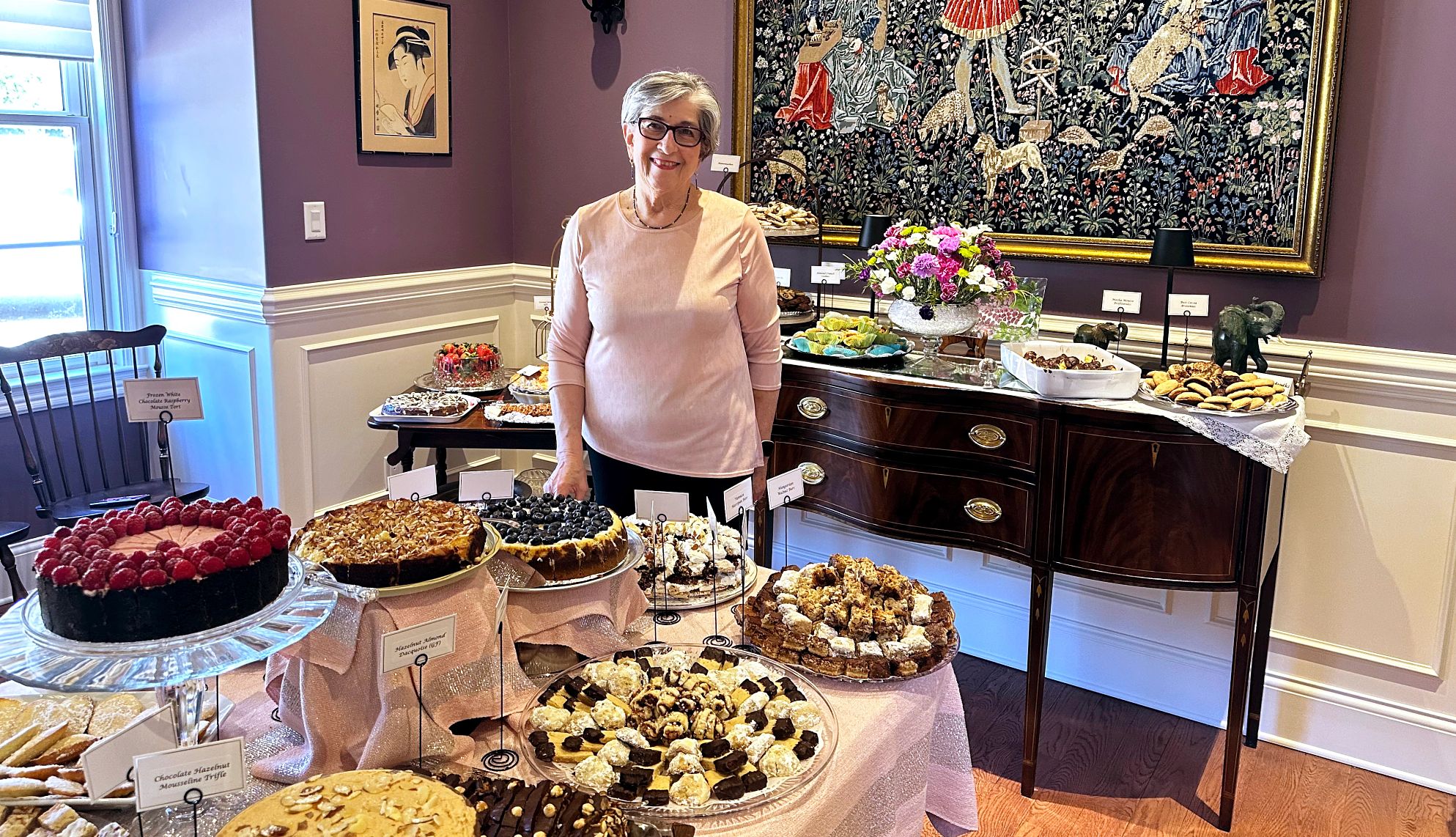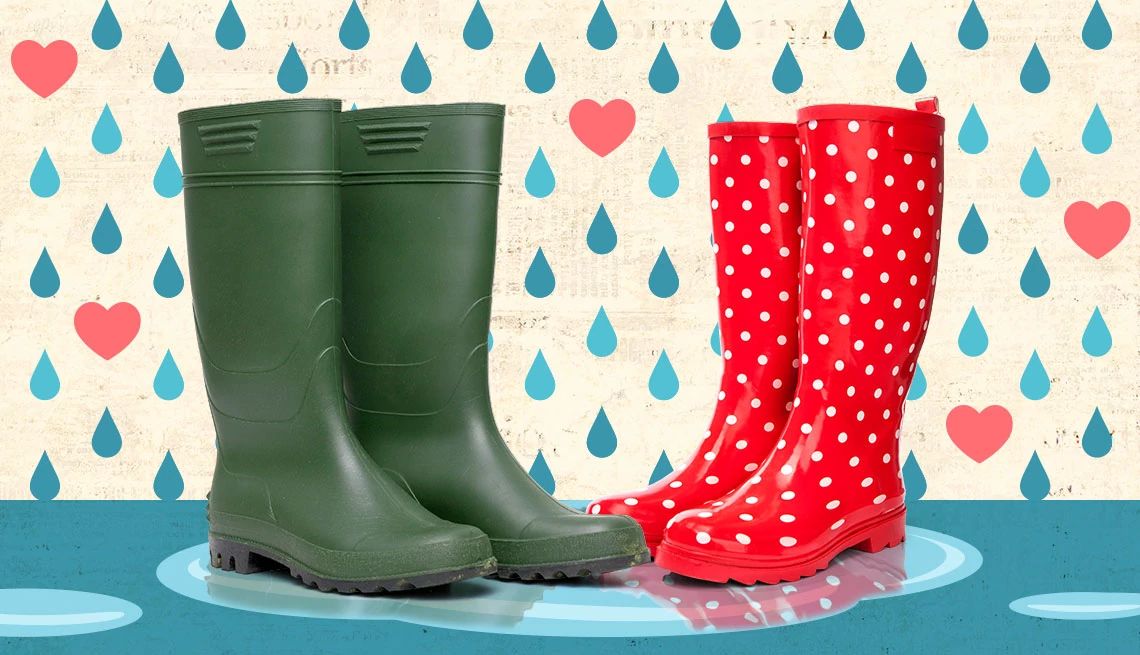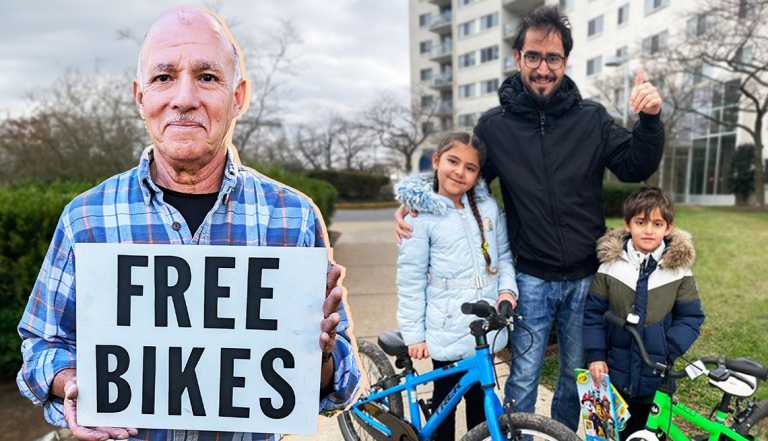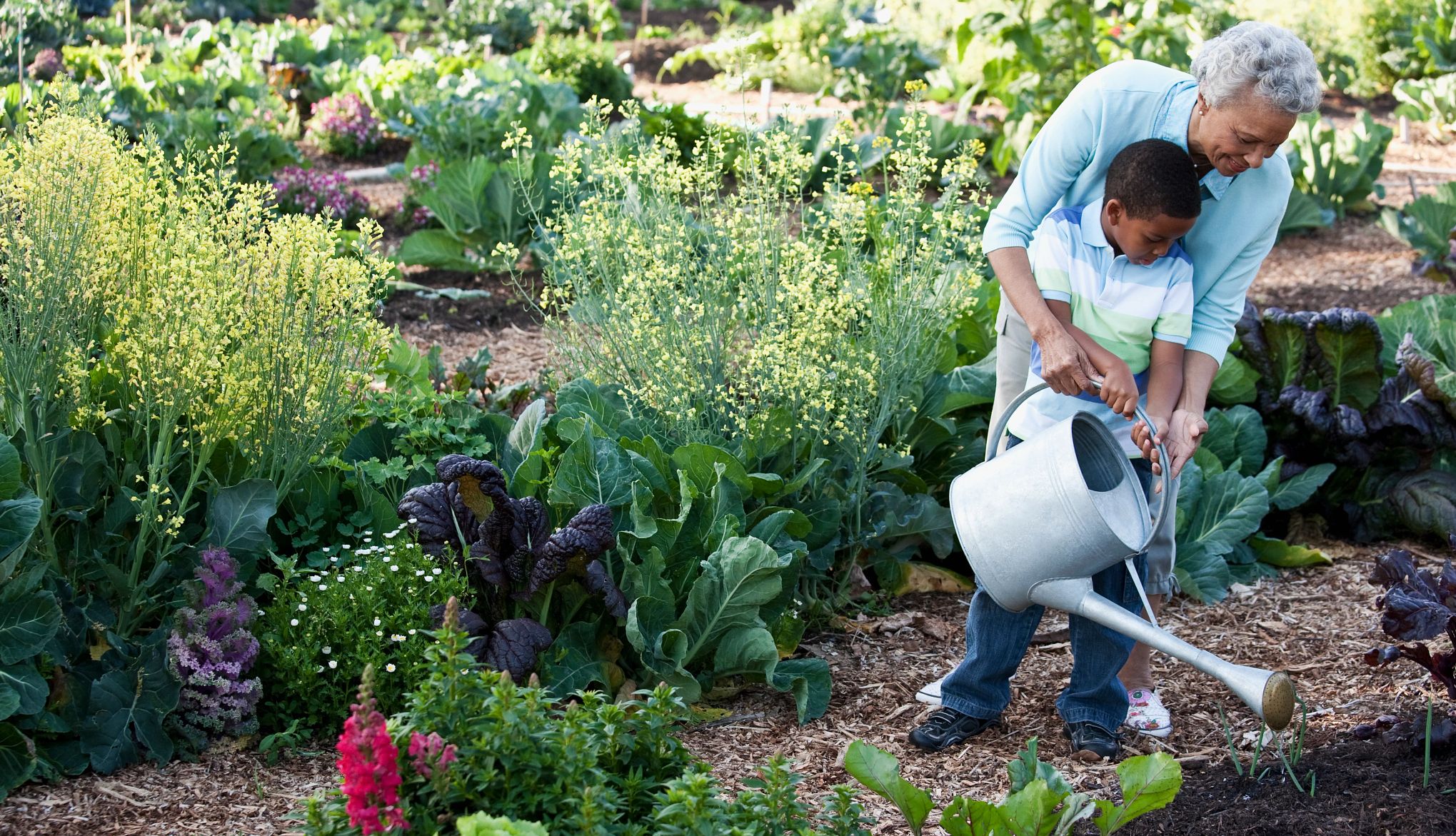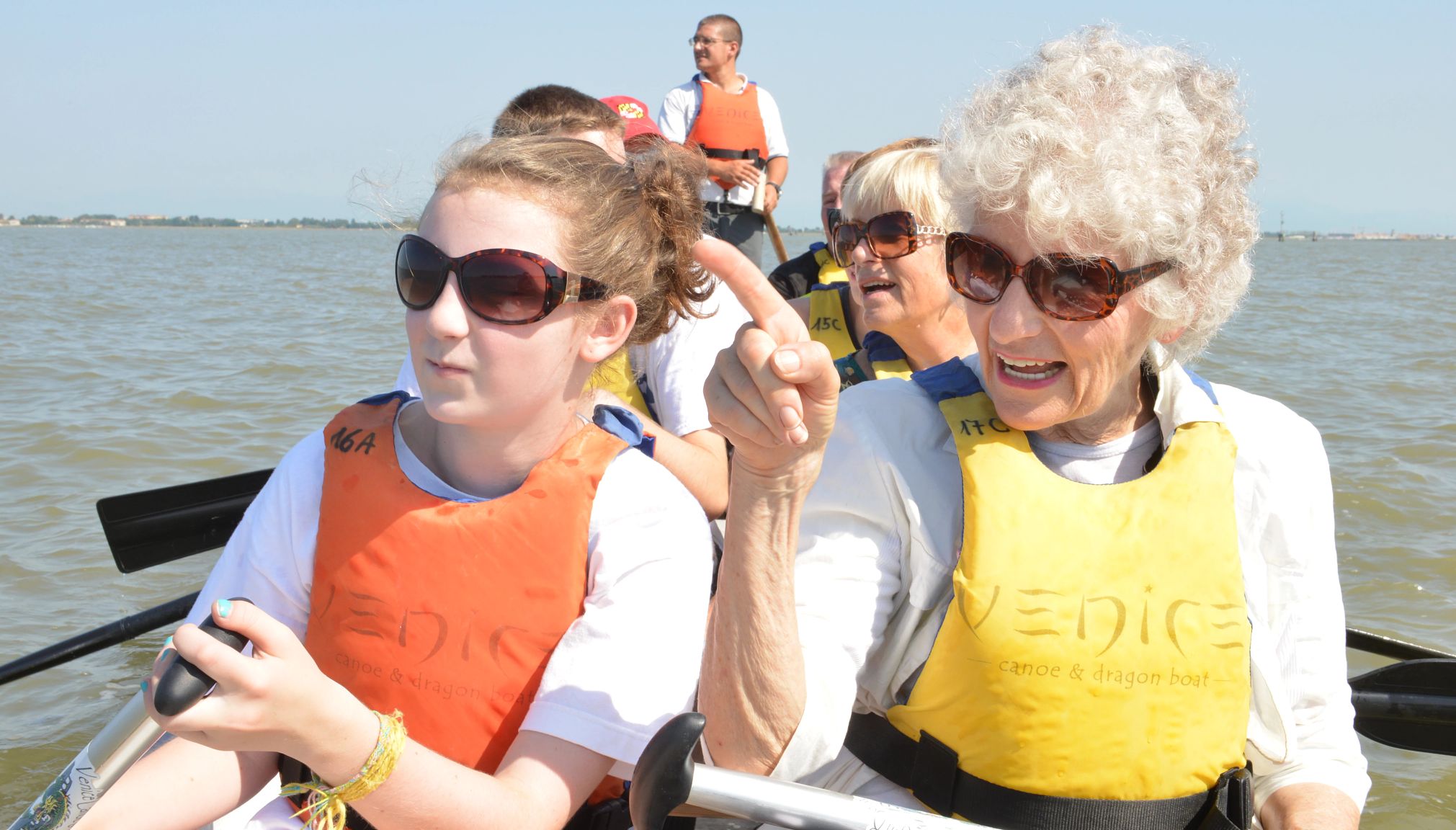Staying Fit
Family & Relationships
Find happiness and fulfillment through healthy relationships and deep connections
Sex After 50


AARP Membership
$12 for your first year when you sign up for Automatic Renewal
Get instant access to members-only products and hundreds of discounts, a free second membership, and a subscription to AARP the Magazine.
Pets
Video Spotlight
You and Your Partner
Dating Tips
Grandparenting



























































